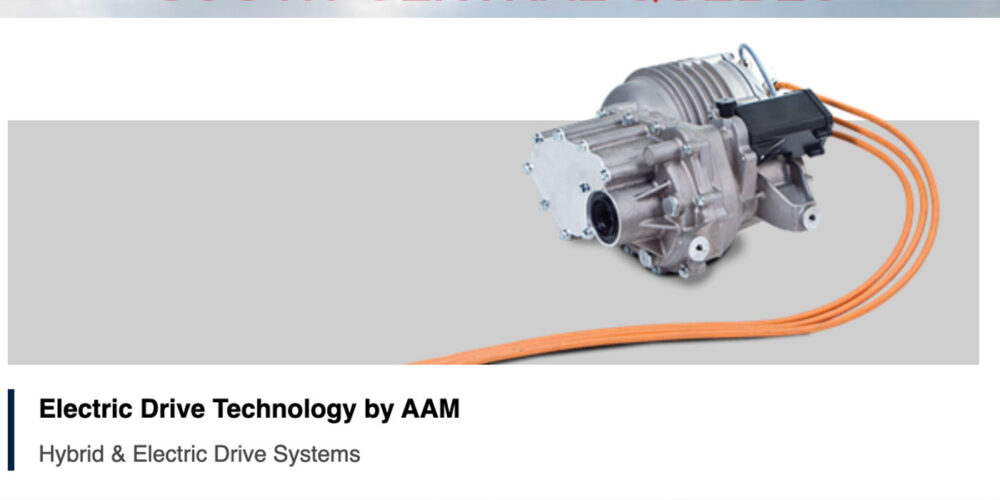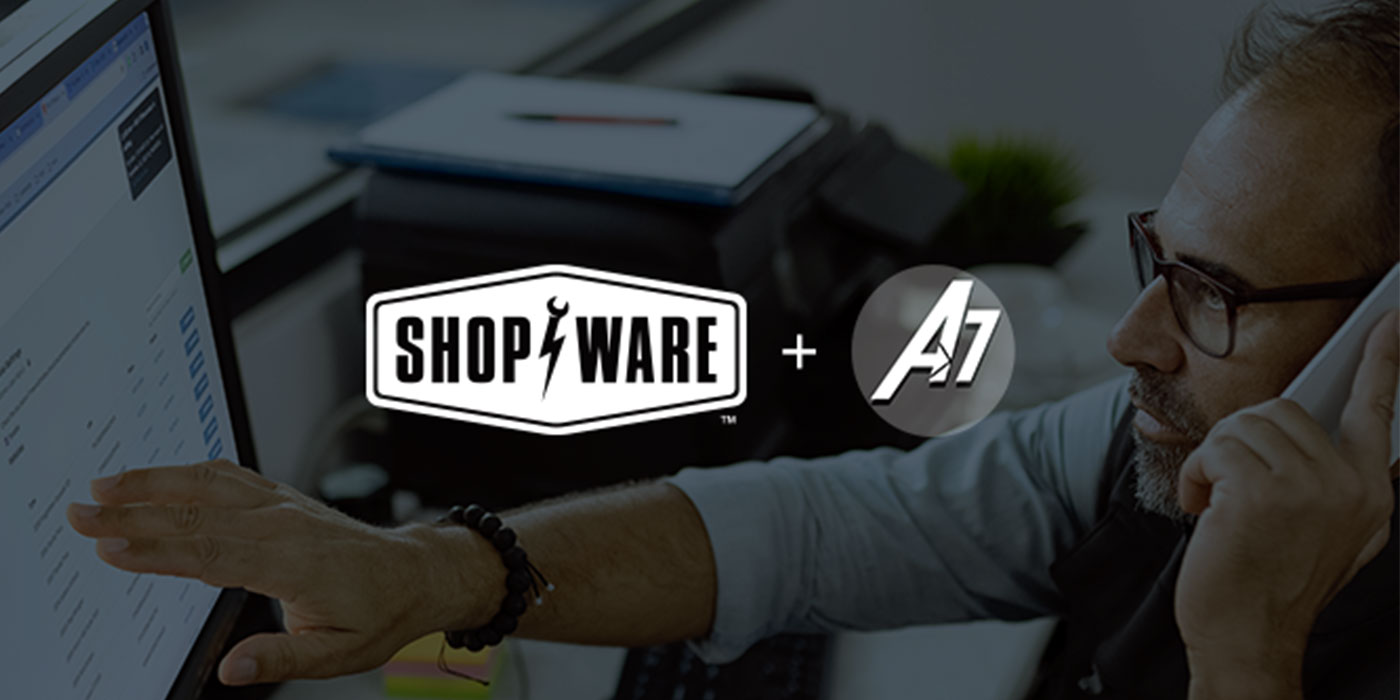 By Jon Owens
By Jon Owens
During an industry event two years ago, Rollie Olson, owner of Parts Depot, a large member of Aftermarket Automotive Parts Alliance, publicly chastised parts manufacturers for not promoting their brands enough. Simply, he was unimpressed with the amount of brand promotion and brand building he saw from aftermarket manufacturers.
It’s important to note Parts Depot’s affiliation with The Alliance, a group that competes against strong distribution brands like NAPA and CARQUEST. In the battle for service-shop market share, NAPA and CARQUEST use their own well-established brands to compete, while groups like The Alliance rely heavily on parts manufacturers’ brands. If parts manufacturers aren’t building and reinforcing their brands among technicians, who will?
Manufacturers will argue that they simply can’t afford the luxury of building and promoting their brands. Margins, and subsequently profits, are just too thin. Under these circumstances, marketing budgets get cut and brands go unattended. After a few years of eroded sales and profits, brands are sometimes all but forgotten. As a result, I believe we are at a very critical point in our market’s evolution, and parts manufacturers’ brands are directly at the core.
Parts suppliers have some very large WD, program group and retailer customers that rely on their brands to be their parts-source “calling cards” when striving for repair-shop business. If the manufacturers’ brands have no relevance, invoke no purchasing desire or are unable to differentiate themselves from distribution brands or perceived “OE” brands, then these groups and retailers have some serious decisions to make. If parts suppliers think these groups have no other alternatives, they may want to think again.
The newest trend among consumer-product retailers is “store-brand” products. “Store-brand” is different from “private label” in that the “store-brand” attempts to be as high quality (or higher) than the national brand. Ever bought a Sam’s Choice spiral ham from Wal-Mart? Or, Archer Farms chocolate chip cookies at Target? These aren’t value lines. They are premium “store-brands,” and they are occupying prime real estate that once belonged to highly visible manufacturer brands such as Nabisco, Levi’s, Tide and Kraft. In the world of big-box retailing, savvier marketing on the part of the retailer makes it very difficult for consumers to distinguish between “store-brands” and the bigger, more recognizable national brands. It’s proving to be a very successful sales tactic: “Store-brand” sales are up 4.3 percent vs. overall sales growth of 2.2 percent across the same product lines, according to Nielsen research. Store brands are also very profitable. In most instances, “store-brands” have higher profit margins than national brands. According to a recent Wall Street Journal article, retailers like Target, Safeway and Kroger have private-label programs in which generic private-label products can be positioned at 25 to 30 percent below national brands, specialized private-labels at 15 to 20 percent below, and premium “store-brands” priced equal to or slightly lower than national brands, but marketed as “better than” or “unique” products because they can’t be purchased anywhere else. This type of comprehensive, sophisticated marketing has already found its way into our industry.
It’s time for manufacturers to realize that their brands represent a very important aspect (if not the most important aspect) of their overall value proposition to the large buying entities in this market. Beyond the important quality of their products and their people, brands are assets that can actually deliver more value as a whole, beyond the sum of its many parts. To me, brands are like real estate. The more you own, the stronger you’ll be. Once you give up your real estate, you’re simply renting space from some other brand. Real estate, like brands, requires investment, maintenance and almost constant enhancement and improvement in order to maintain or grow in value. If this isn’t done, you’ll end up paying rent to a bigger brand landlord. Paying rent is nice and easy, but it’s the landlord who makes all the money.













